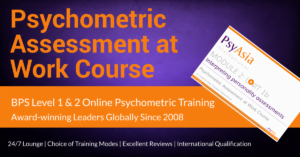September 2, 2021
Neurorehabilitation and Neural Repair, Ahead of Print. Background. Evidence remains mixed as to the effectiveness of repetitive transcranial magnetic stimulation (rTMS) in treating mild cognitive impairment (MCI) in patients with Parkinson’s disease (PD). Objective. In this study, we examined the short- and long-term effects of patterned rTMS. Methods. We randomly assigned 35 patients with PD with MCI to two groups. One group received intermittent theta burst stimulation (iTBS; n = 20), and the other received its sham counterpart (n = 15). The stimulations were applied over the left dorsolateral prefrontal cortex for 10 consecutive weekdays. Measurements based on the Repeatable Battery for the Assessment of Neuropsychological Status (RBANS) and Montreal Cognitive Assessment (MoCA) were conducted at three time points: at baseline, immediately after the last intervention and at 3-month follow-up. Each patient received a 99mTc-TRODAT-1 single-photon emission computed tomography (SPECT) brain scan at baseline. Results. The iTBS group exhibited significantly greater improvement than the sham group did in total RBANS and MoCA scores (p < .001 for both) immediately after intervention and at the 3-month follow-up. Radiotracer uptake in the bilateral basal ganglion in baseline SPECT was positively correlated with response to iTBS conditioning with respect to improvements in MoCA scores (p = .021). Conclusion. This randomised controlled trial provides evidence that a consecutive iTBS protocol can achieve a persistent and wide-ranging therapeutic effect in patients with PD with MCI.
Go to Source
Author: Weijia He


